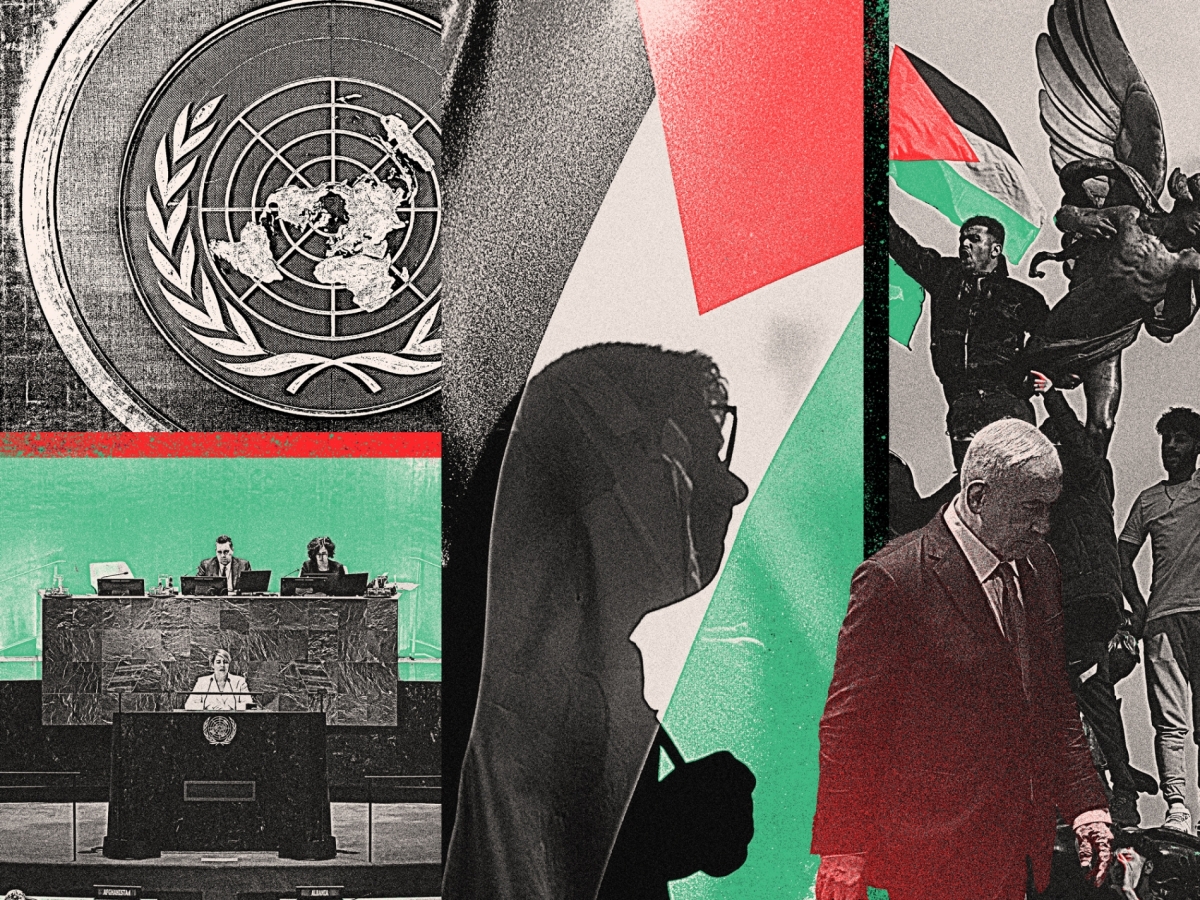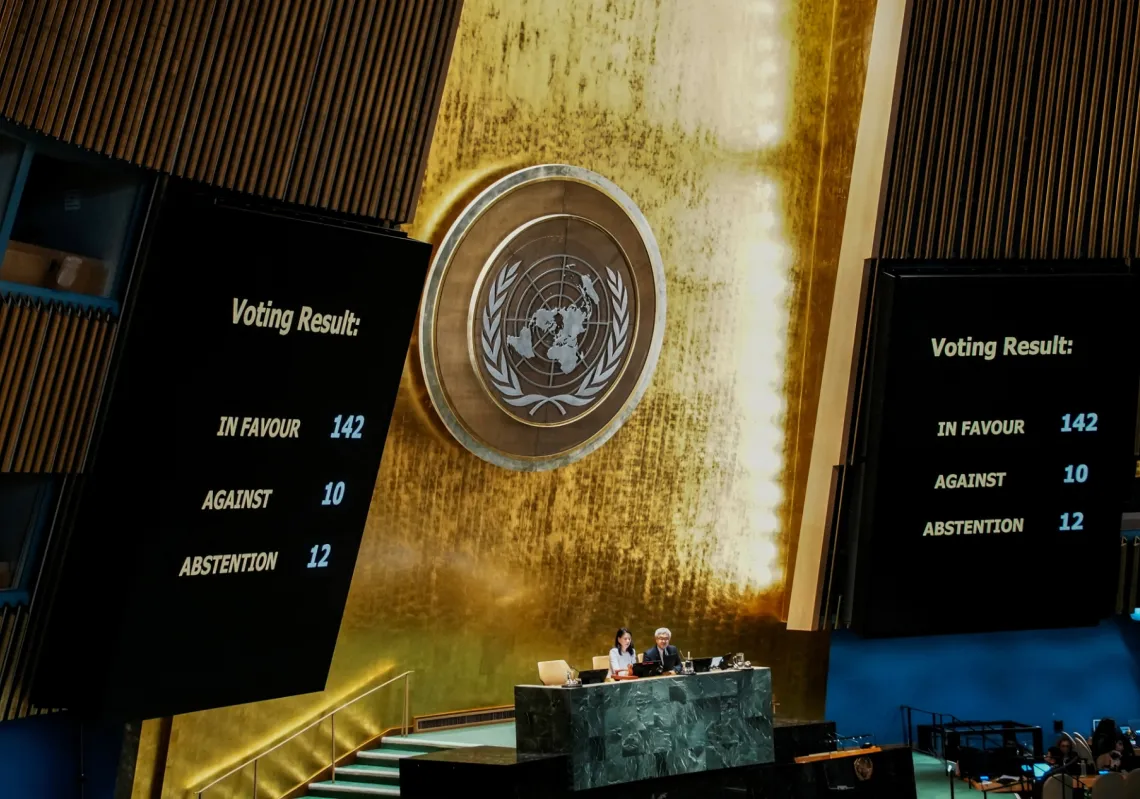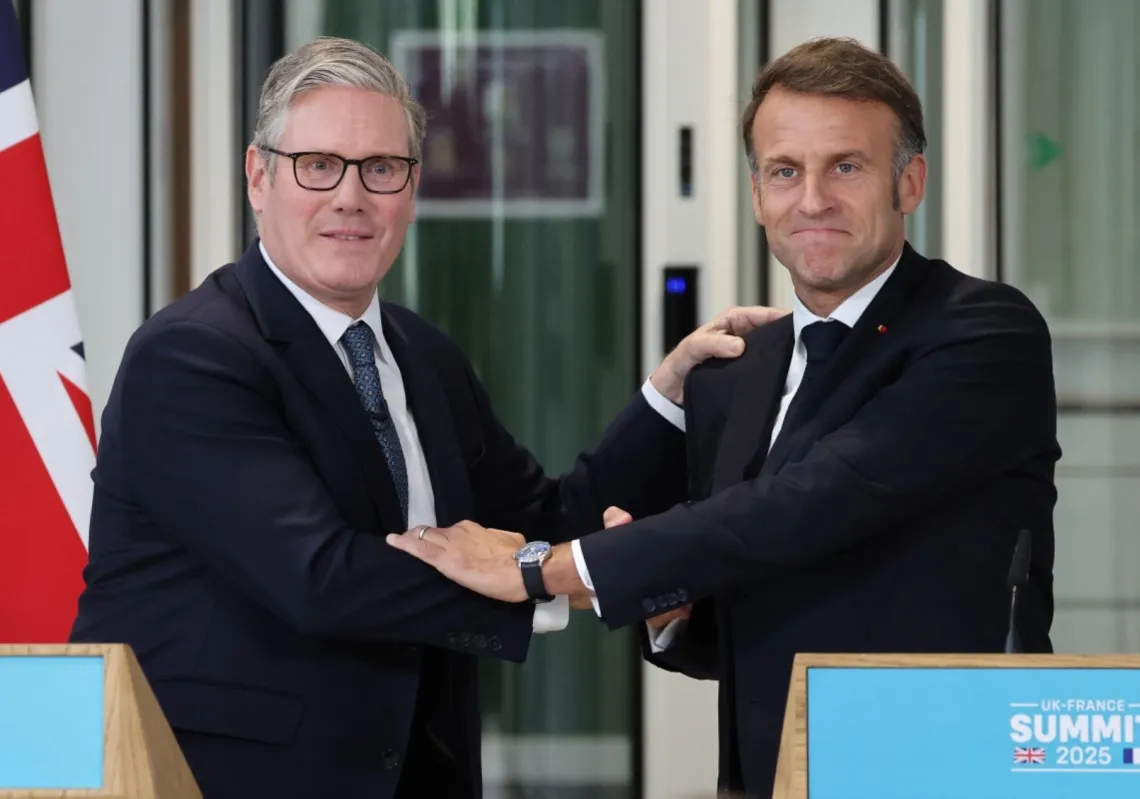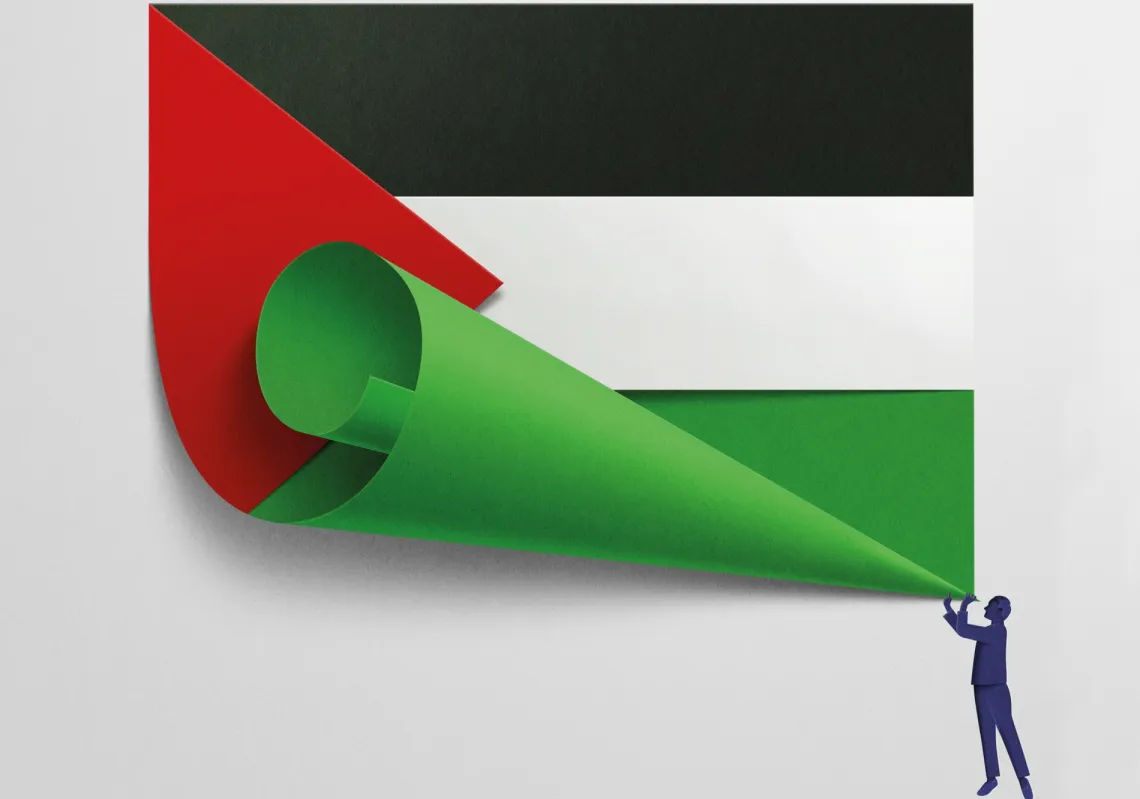When French President Emmanuel Macron announced recognition of the State of Palestine, the backlash was immediate. Israeli Prime Minister Benjamin Netanyahu accused France of “rewarding Hamas,” while other critics questioned the timing amid the ongoing war in Gaza, almost two years after the October 7 Hamas attacks.
Yet, Macron’s move is not a concession to Hamas but a calculated effort to strengthen the Palestinian Authority (PA), Hamas’s political rival and Israel’s only remaining Palestinian partner for peace. Indeed, France has been clear that Hamas must be disarmed and barred from playing any governing role in Gaza.
To grasp the significance of the shift on Palestinian statehood, going back to France’s longstanding position is key. For more than four decades, Paris insisted Palestinian statehood could only come through direct negotiations with Israel. This approach, articulated by President François Mitterrand in his historic 1982 speech to the Knesset, reflected a belief that French recognition should come as the result of peace, not its precursor. Mitterrand’s words—delivered during the first-ever visit by a French president to Israel—set a precedent: France would wait for Israel to accept a Palestinian state before extending its own recognition.
Macron’s decision marks a departure, justified by a dramatic shift in circumstances. Since returning to power in 2022, Netanyahu’s government—the most right-wing in Israeli history—has accelerated policies that undermine the two-state solution. While the world’s attention is understandably focused on Gaza, far-right Israeli ministers, who push for annexation of the West Bank and a “Greater Israel,” have systematically expanded Israeli settlements, legalised outposts and stripped the PA of authority.
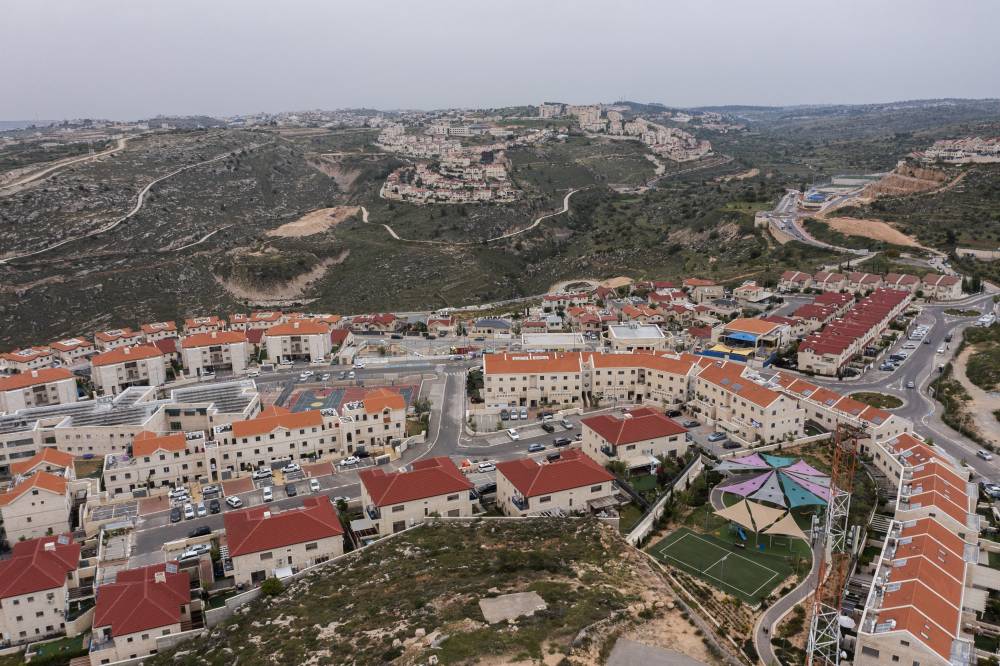
Read more: West Bank annexation: Israel's answer to Palestine recognition?
Turning point
France’s decision aligns with a broader diplomatic push to isolate Hamas, revive the PA’s legitimacy and advance the goal of diplomatic resolution to the conflict. The New York Declaration, co-sponsored by France and Saudi Arabia, marks a turning point. For the first time, regional players—including Qatar and Türkiye, both of which are interlocutors with Hamas—publicly demanded that Hamas be disarmed and excluded from running Gaza. When Hamas welcomed the recognition of Palestinian statehood, it conveniently ignored this condemnation, exposing its desperation to claim any perceived victory.
Of course, the PA is hardly a perfect candidate right now. Mahmoud Abbas has a track record of broken promises. Macron’s recognition is not a display of enthusiasm about his leadership but a bet on the PA as the least-bad real-world option. This is clearly reflected by France’s explicit demands for PA reform, to which Abbas himself referred in a letter addressed to the Saudi and French leaders back in June, paving the way for the recognition decision. Among the expected reforms, the one establishing a new system allocating welfare stipends strictly based on economic needs has just been implemented.
Recognition alone won’t resolve the conflict. True Palestinian statehood will require Israel’s concurrence in the future. Conversely, it will never come about if moves that make it impossible continue to be implemented on the ground. If anything, France’s move is a pragmatic attempt to salvage the two-state solution before it’s too late.
Symbolism still matters
Without concrete steps, the gesture risks becoming symbolic. But symbolism matters. By recognising Palestine, France—and all the countries that have followed suit, including the UK—are sending an unmistakable message: the international community rejects both Hamas's claim to represent the Palestinians and the Israeli right's drive to deny the reality of Palestinian nationalism and reoccupy Gaza.
The alternative offered by the 142 that signed into the NY declaration to the occupation of Gaza is their support for the deployment of a temporary international stabilisation mission. This proposal surely would carry more weight if the regional states ready to take concrete action were to make their commitment public.
But without US support, it's hard to imagine such an option being implemented. And by blocking Abbas's delegation from attending the UN recognition ceremony for Palestine, the US already undermined what France and KSA are trying to advance.


